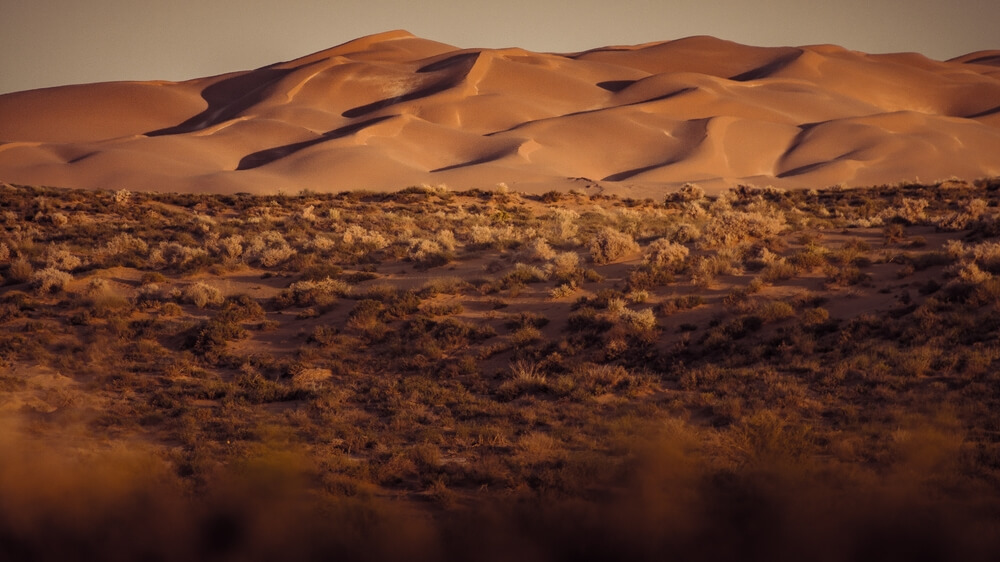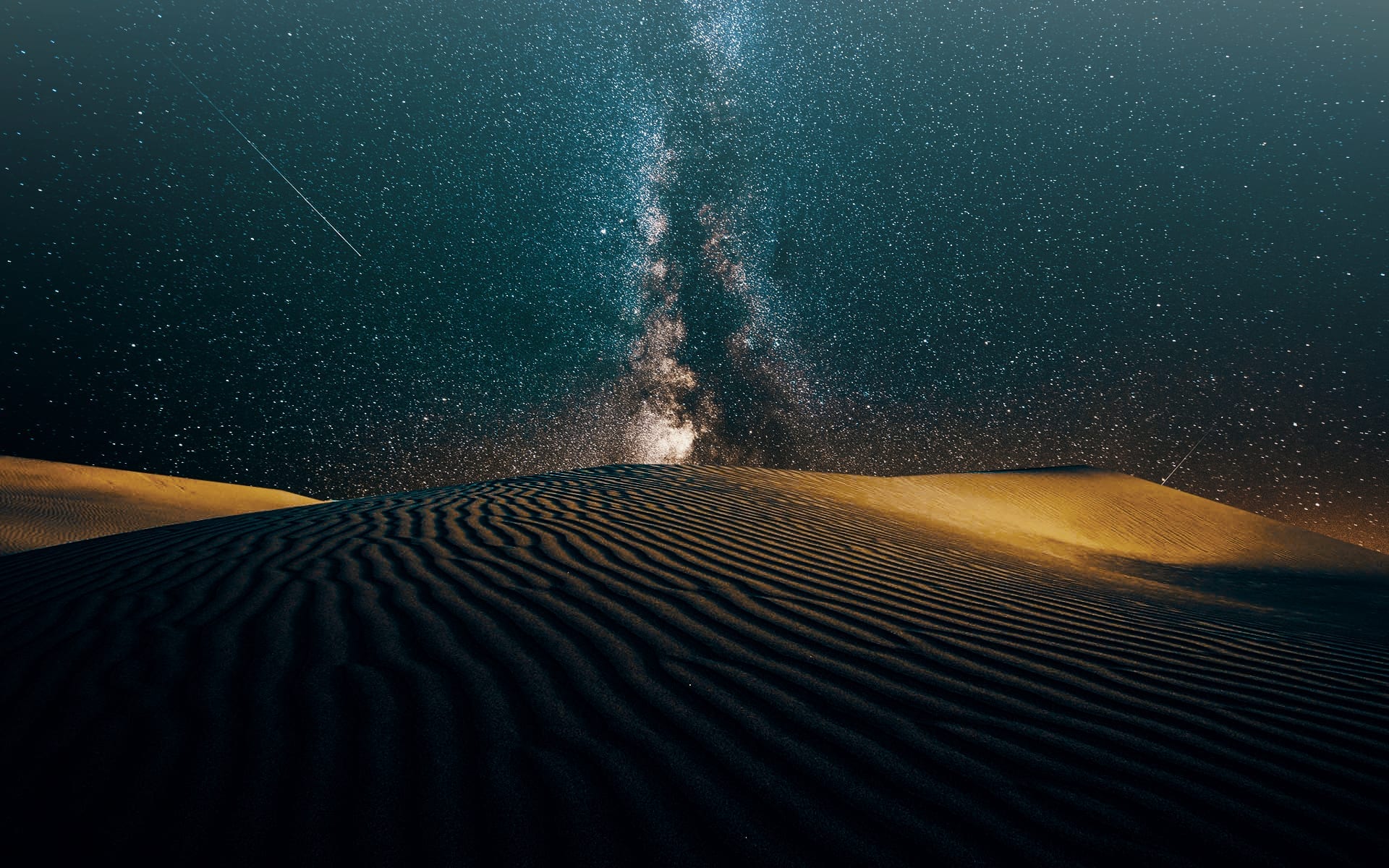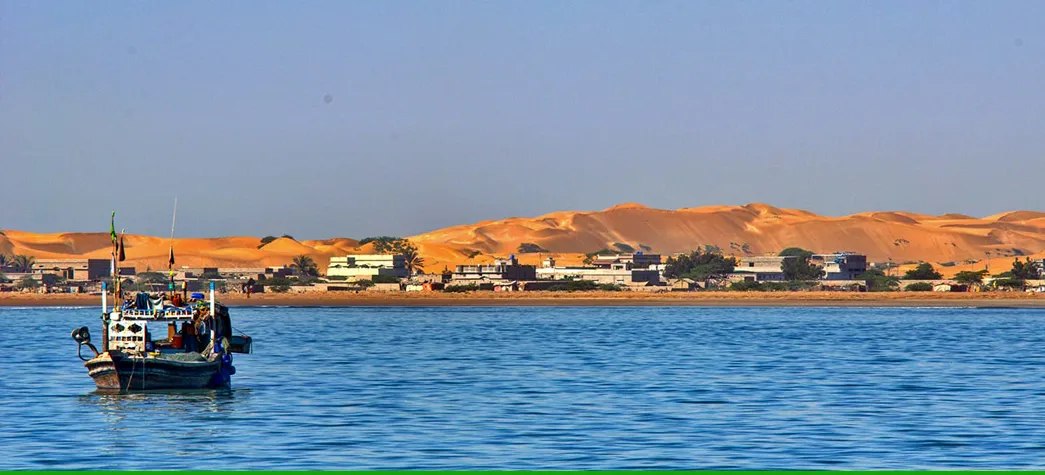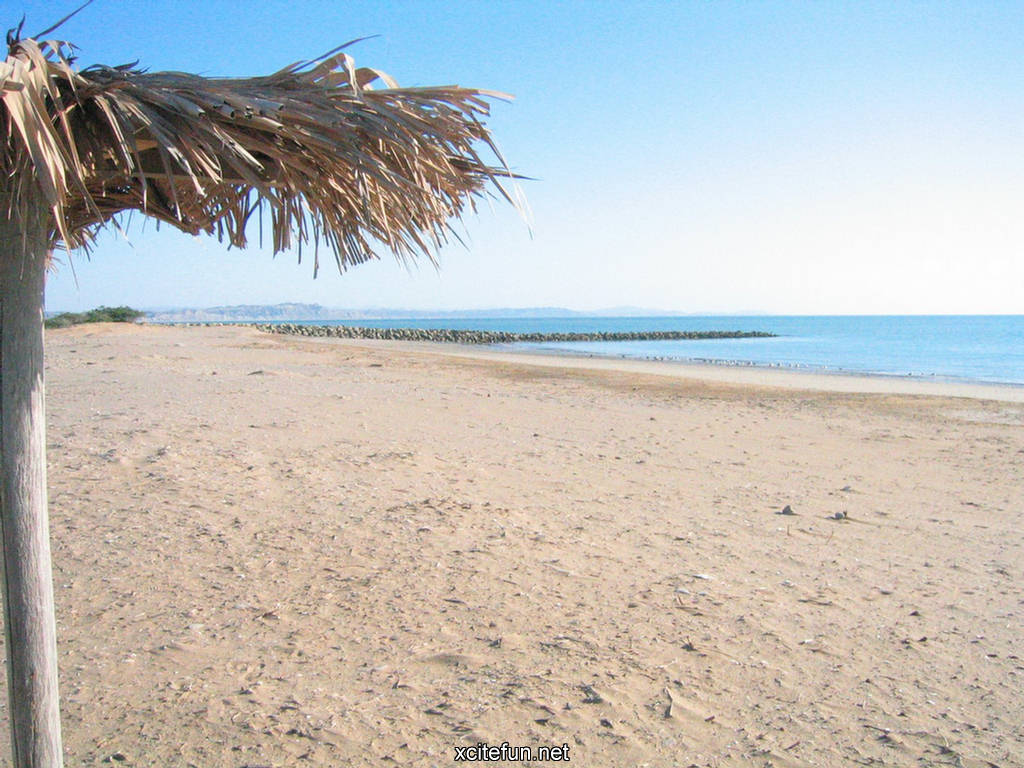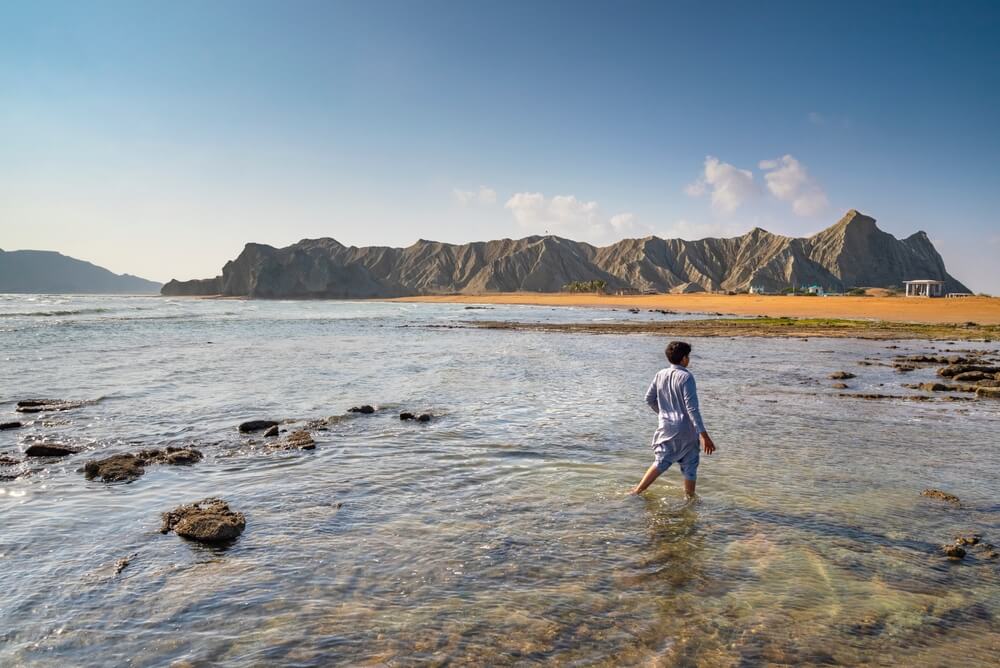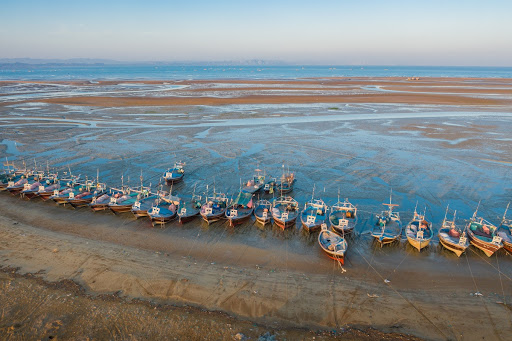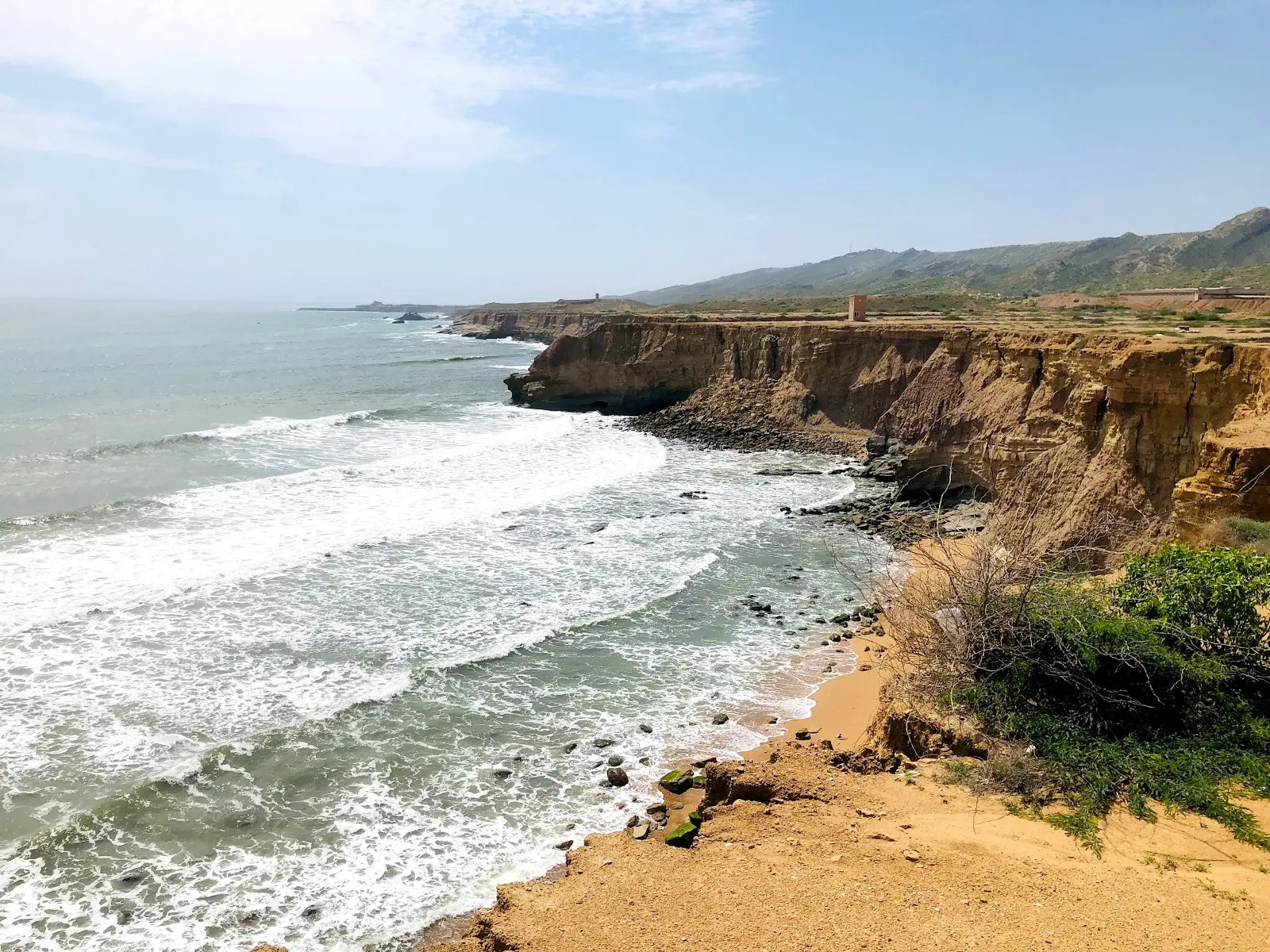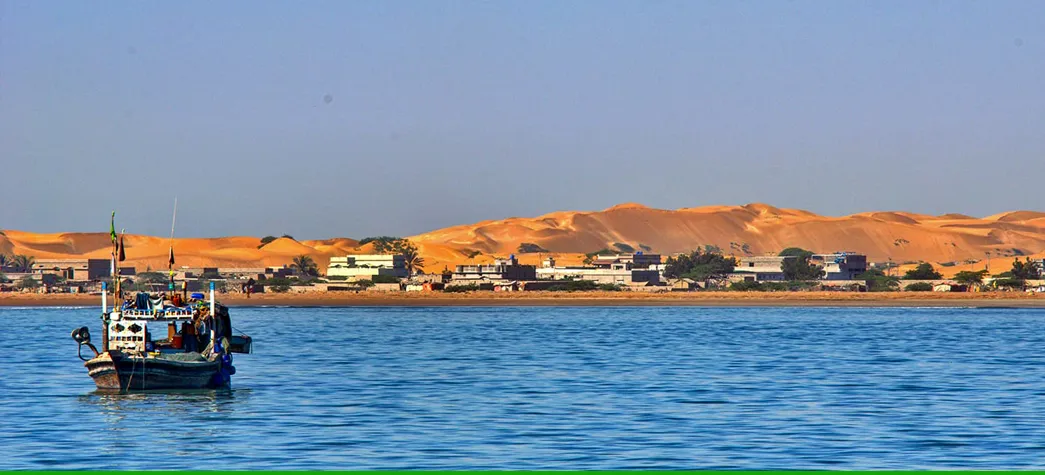
About the Pasni
The Gateway to Balochistan’s Coastal Splendor
Perched on a rocky promontory where the Arabian Sea laps against rugged cliffs, Pasni is a coastal town of serene beauty and resilient spirit. Situated in the Gwadar District of southwestern Balochistan, Pasni has for centuries served as both a humble fishing settlement and a strategic maritime outpost. Today, it is emerging as a focal point for regional development—yet its heart remains firmly rooted in the rhythms of sea and sand, where generations of fisherfolk, traders, and travelers have drawn sustenance and inspiration.
Geographical Setting and Natural Environment
Pasni lies roughly 160 kilometers south of Gwadar and about 420 kilometers west of Karachi, connected by the coastal Highway 10 that weaves through arid plains and wind-sculpted hills. The town itself occupies a natural harbor formed by rocky breakwaters and small islets that protect its anchorage from the open sea. To the north, barren mountains frame the skyline, while to the south and west, the turquoise waters stretch to the horizon. The coastline here is punctuated by tiny coves and sandy bays, where tide pools reveal vibrant marine life at low tide. The climate is classified as arid semi-desert, with daytime temperatures often exceeding 40 °C in summer and mild winters that hover around 15–20 °C. Monsoon influences are minimal, but occasional winter storms stir the sea and bring brief rainfall.
A Tapestry of History
Archaeological evidence suggests that the Pasni area was inhabited as early as the Indus Valley Civilization, though continuous settlement records are sparse. Over the centuries, Pasni fell under successive influences—from ancient Persian and Arab traders to Portuguese mariners and the British colonial administration. Its naturally sheltered bay made it an attractive stopover for vessels traveling between the Persian Gulf and the Indian Ocean. During the 19th century, the British established a small naval installation here to monitor maritime traffic and suppress piracy. After Pakistan’s independence in 1947, Pasni remained a modest fishing hub but gradually took on greater administrative importance when Gwadar was integrated into Pakistan in 1958. Today, Pasni’s layered history is whispered in the wind-carved ruins of old watchtowers and the timeworn pathways that connect its neighborhoods.
Demographics and Community Fabric
Pasni’s population is estimated at around 35,000 residents, predominantly ethnic Baloch with smaller communities of Sindhi and Pashto speakers. Clan and tribal affiliations play a central role in social organization, with extended families often living in close-knit compounds. The town’s demographic profile skews younger, as many elders have moved seasonally to agricultural areas or larger cities for work, while their children remain in Pasni to attend school and help with fishing and trade. Urdu serves as the lingua franca, facilitating commerce and communication with visitors, but Balochi remains the language of home and tradition. Social life revolves around neighborhood gatherings—mates sipping tea in shaded courtyards, children playing cricket by the shoreline, and elders sharing stories of famed sea voyages.
Fishing: The Lifeblood of Pasni
For generations, Pasni’s economy has been anchored in the bounty of the sea. Early morning auctions at the fish harbor brim with tuna, mackerel, lobster, and shrimp, hauled in on traditional wooden dhows as well as motorized boats. Fisherfolk follow age-old routes and fishing grounds, relying on inherited knowledge of currents, tides, and seasonal migrations. Women play a vital role, sorting, gutting, and drying fish along the bayside racks, while local merchants negotiate sales for domestic markets and trawlers export to Gulf states. In recent decades, government-led initiatives have introduced ice plants and cold-storage facilities to extend the freshness of the catch, alongside training programs in fish processing and quality control. Nonetheless, small-scale operators still dominate, preserving the artisanal character of Pasni’s fishing industry.
Infrastructure and Public Services
Despite its remote location, Pasni has seen incremental improvements in infrastructure. The coastal highway provides vital links to regional centers, though maintaining the road against coastal erosion and occasional flash floods remains a challenge. A modest port facility handles fishing vessels and small cargo ships, with plans under discussion to expand berthing capacity in line with broader Gwadar Port development. Electricity is supplied via a diesel-powered mini-grid, causing periodic outages when demand peaks; solar panels on public buildings and private rooftops supplement the supply. Water is drawn from underground aquifers, treated at a municipal plant, and distributed through a network of aging pipes. Healthcare is serviced by a district hospital and several clinics offering basic inpatient and outpatient care, though serious cases often require travel to Karachi or Gwadar.
Education and Emerging Opportunities
Education in Pasni has progressed steadily, with primary schools in every neighborhood and a high school providing secondary instruction. A recently launched vocational training center offers courses in marine mechanics, boat repair, and hospitality management—fields aligned with the town’s economic profile. Literacy rates, once among the lowest in the province, have improved as families recognize the value of schooling for social mobility. Local youth, equipped with diplomas and skills, increasingly find work in the port, fishery cooperatives, or small-scale tourism ventures. Scholarships and outreach programs by NGOs further support promising students who aspire to higher education in larger cities.
Cultural Traditions and Festive Life
Pasni’s cultural canvas is vividly colored by Baloch folklore and maritime lore. Traditional music—featuring drummers (dhol) and wind instruments (benju)—accompanies dances performed at weddings and religious gatherings. The annual “Sea Blessing” festival in late spring unites fishing families for prayers, communal feasts, and boat races, harking back to rituals that seek divine protection on the open water. Handicrafts such as embroidered shawls, mother-of-pearl jewelry, and wood-carved boat ornaments are sold at small markets, preserving artisanal skills passed down through generations. Religious observances, particularly during Ramadan and Eid, enliven the town with communal iftars and charity distributions to the needy.
Tourism, Ecotourism, and Natural Attractions
While Pasni has not yet become a mainstream tourist destination, its unspoiled coastline, dramatic cliffs, and rich marine ecosystems hold great potential. Scuba divers are drawn to submerged reefs teeming with colorful fish and corals, and seasonal whale sharks grace the offshore waters, offering once-in-a-lifetime encounters for adventurous visitors. Birdwatchers track migratory species that pause on the mudflats and small islands. Nearby natural wonders—such as the Hingol National Park wetlands and the towering Churna Island granite islet—are accessible by boat tours. Recognizing this appeal, some local entrepreneurs have begun offering homestays, guided fishing excursions, and eco-friendly camping sites, introducing Pasni to niche travelers seeking off-the-beaten-path experiences.
Challenges and Pathways Forward
Pasni’s path to sustainable development is strewn with challenges. Water scarcity looms as aquifers deplete, prompting exploration of desalination and rainwater harvesting. Coastal erosion, exacerbated by rising sea levels and storm surges, threatens low-lying neighborhoods and port infrastructure. Overfishing and environmental degradation risk undermining the very marine resources upon which livelihoods depend. Addressing these issues calls for integrated planning: stronger regulatory frameworks for fisheries, investments in renewable energy, and community-led conservation initiatives to protect mangroves and wetlands. Partnerships between government agencies, NGOs, and local tribes offer the best hope for balancing economic growth with environmental stewardship and cultural preservation.
Conclusion
Pasni City stands at a crossroads—rooted in age-old traditions of sea and soil, yet poised to embrace new horizons in trade, tourism, and community development. Its rugged coastline and resilient people bear witness to centuries of adaptation in a landscape marked by extremes of heat, scarcity, and distance. As maritime corridors evolve and regional infrastructure projects gain momentum, Pasni has the opportunity to redefine itself: a sustainable coastal hub where the rhythm of the tide harmonizes with the aspirations of a new generation. In the interplay of past and future, Pasni’s story continues to unfold, promising that this once-hidden bay town will shine ever more brightly on Balochistan’s vast canvas.
o4-mini
Address: 7C28+95 Pasni, Pakistan
